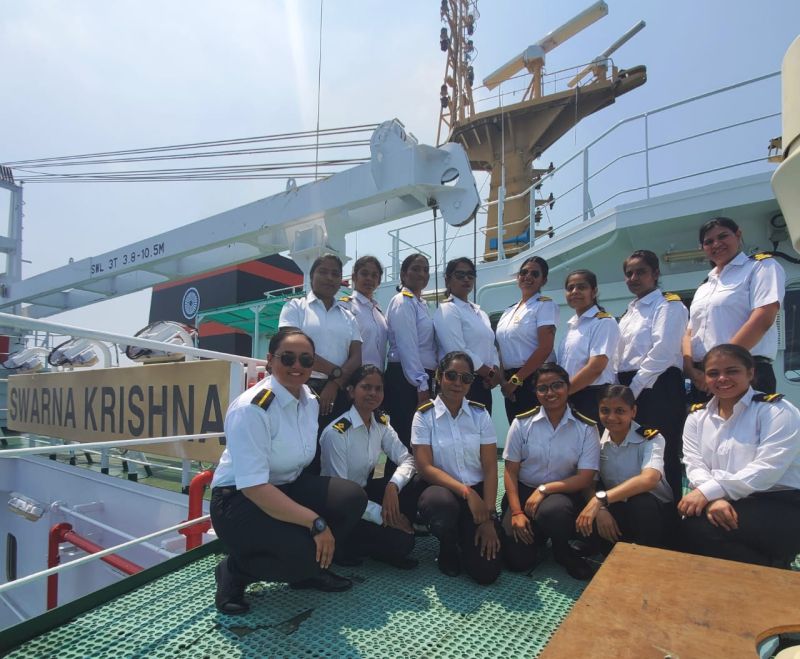Women’s Equality Day 2021: PSUs working towards gender parity
Related Articles
Army Video Recording is Crime: महाराष्ट्र में सैन्य गतिविधियों की रिकॉर्डिंग करना होगा अपराध
Army Video Recording is Crime: भारत-पाकिस्तान के बीच बढ़ते तनाव के मद्देनजर महाराष्ट्र सरकार ने राज्य में सुरक्षा और सतर्कता के स्तर को और मजबूत...
Simple Act of Kindness Between Tourist and Auto Driver in Delhi Goes Viral
A touching moment between a Delhi auto-rickshaw driver and a foreign visitor has been winning hearts online, with the video amassing over 2 million...
Are Mumbai and Maharashtra prepared for India-Pakistan War: सीएम फडणवीस ने लिया मुंबई और महाराष्ट्र की सुरक्षा और तैयारियों का जायजा
Mumbai Maharashtra Security on India-Pakistan War: भारत और पाकिस्तान के बीच बढ़ते तनाव के मद्देनजर महाराष्ट्र के मुख्यमंत्री देवेंद्र फडणवीस ने मुंबई और महाराष्ट्र...

